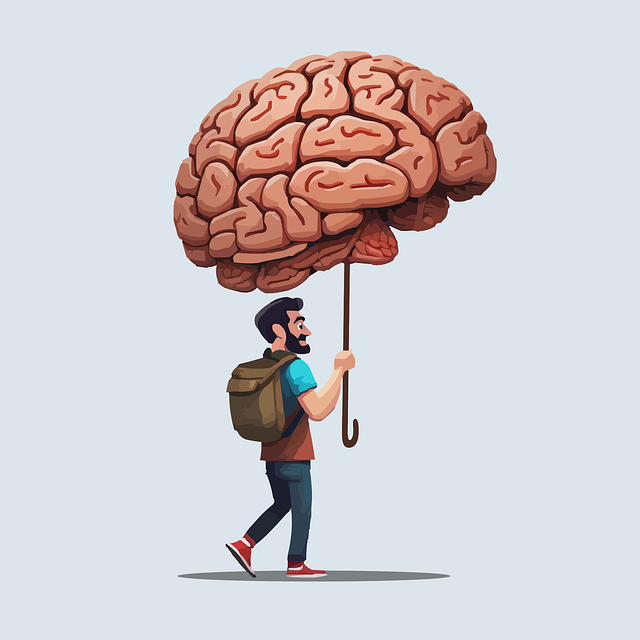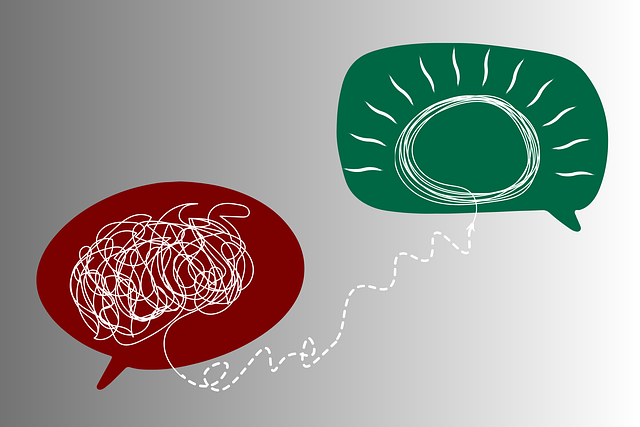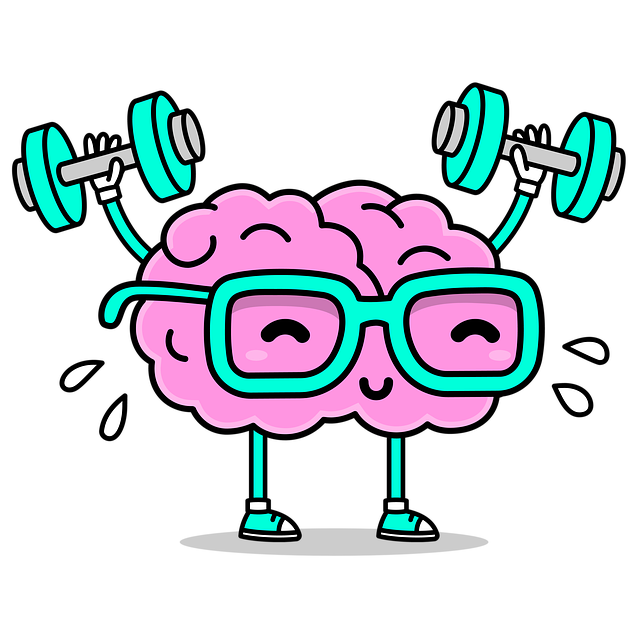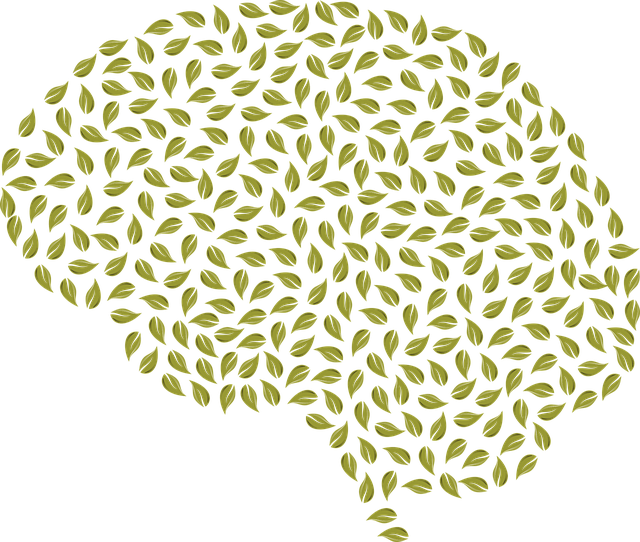Lone Tree German Speaking Therapy focuses on mental health literacy to empower community members to address mental health issues effectively. Their program design includes community outreach, social skills training, and self-esteem initiatives, incorporating cultural sensitivity for diverse backgrounds. Interactive learning through role-playing and multimedia ensures engaging education, while evaluation methods track KPIs, surveys, interviews, and journaling exercises to measure success. This holistic approach fosters inclusive environments and promotes positive thinking within the German-speaking community.
Mental health education programs play a pivotal role in fostering well-being, especially within communities like Lone Tree. This article explores the intricate process of designing an effective program, focusing on German-speaking therapy. We delve into key components, from establishing mental health literacy as a foundation to creating engaging, interactive curricula. Additionally, we discuss strategies for measuring success and evaluating the program’s impact on the Lone Tree community, highlighting best practices for inclusive, impactful learning experiences.
- Understanding Mental Health Literacy: The Foundation of Program Design
- Creating a Comprehensive Curriculum for Effective German-Speaking Therapy
- Engaging Participants: Strategies for Interactive Learning Experiences
- Measuring Success and Evaluating the Impact on Lone Tree's Community
Understanding Mental Health Literacy: The Foundation of Program Design

Mental health literacy, or understanding the nuances and complexities of mental health issues, serves as the bedrock upon which effective program design for Lone Tree German Speaking Therapy services should be built. This foundation is crucial for fostering meaningful engagement with individuals seeking support. By equipping community members with basic knowledge about mental health, we enable them to recognize signs, offer initial support, and navigate individuals toward appropriate professional care.
Such literacy empowers people to dispel myths, challenge stigma, and foster inclusive environments. In the context of program design, this translates into creating initiatives that go beyond traditional therapy models. Consider implementing community outreach programs that enhance mental health literacy, incorporate social skills training to build supportive networks, and focus on self-esteem improvement as a cornerstone for overall well-being. These strategies collectively contribute to a comprehensive approach that addresses mental health in a holistic manner.
Creating a Comprehensive Curriculum for Effective German-Speaking Therapy

In designing a comprehensive curriculum for effective German-speaking therapy at Lone Tree German Speaking Therapy, it’s imperative to address mental health topics relevant to the diverse cultural backgrounds of clients. A well-rounded program should incorporate not only evidence-based practices but also cultural sensitivity and adaptability. By integrating self-care practices tailored to meet the unique needs of German-speaking individuals, therapists can foster a safe and inclusive environment that enhances therapeutic outcomes.
The curriculum should prioritize the teaching of stress management techniques as a foundational element, considering the potential cultural variations in understanding and expression of stress. Additionally, healthcare provider cultural competency training is crucial to ensure that staff are equipped to navigate the complex interplay between mental health, language barriers, and cultural norms. By combining these strategies with an emphasis on self-care practices, Lone Tree German Speaking Therapy can create a holistic program that resonates deeply with its German-speaking clientele.
Engaging Participants: Strategies for Interactive Learning Experiences

Engaging participants in mental health education programs is key to fostering interactive learning experiences. At Lone Tree German Speaking Therapy, we employ a range of strategies to ensure active involvement. One effective method is incorporating role-playing scenarios that mimic real-life situations, allowing individuals to practice crisis intervention skills in a safe environment. This hands-on approach not only enhances understanding but also builds confidence in handling sensitive issues like stress management and burnout prevention among healthcare providers.
Additionally, we utilize interactive tools such as group discussions, case studies, and multimedia presentations to cater to diverse learning styles. By integrating these dynamic elements, our programs offer a comprehensive learning journey that resonates with participants. This engagement not only improves knowledge retention but also encourages the adoption of effective burnout prevention strategies for healthcare providers, ultimately enhancing their ability to offer quality care and crisis intervention guidance.
Measuring Success and Evaluating the Impact on Lone Tree's Community

Measuring success and evaluating impact is a crucial aspect of any mental health education program, especially when aiming to benefit a specific community like Lone Tree’s German-speaking population. By implementing robust evaluation methods, the program can assess its effectiveness and identify areas for improvement. This involves tracking key performance indicators (KPIs) such as participant engagement, satisfaction levels, and changes in mental health symptoms before and after the program.
One effective approach is to collect feedback through surveys and interviews, allowing participants to share their experiences and perceptions of the program’s impact on their lives. Additionally, encouraging individuals to maintain a Mental Wellness Journaling Exercise can provide valuable insights into their personal growth and development of inner strength. This data, combined with observations from therapists, offers a holistic view of the program’s success in fostering positive thinking and enhancing mental wellness within the Lone Tree community.
Mental health education programs, such as those designed for Lone Tree German-speaking communities, require a multifaceted approach. By building a strong foundation in mental health literacy, creating engaging curricula, and utilizing interactive learning strategies, these programs can effectively empower individuals to recognize and support their own and others’ well-being. Measuring success through comprehensive evaluation ensures that the impact of such initiatives is tangible and positive for the community at large. Incorporating these key elements is vital to fostering a healthier and more resilient Lone Tree.














